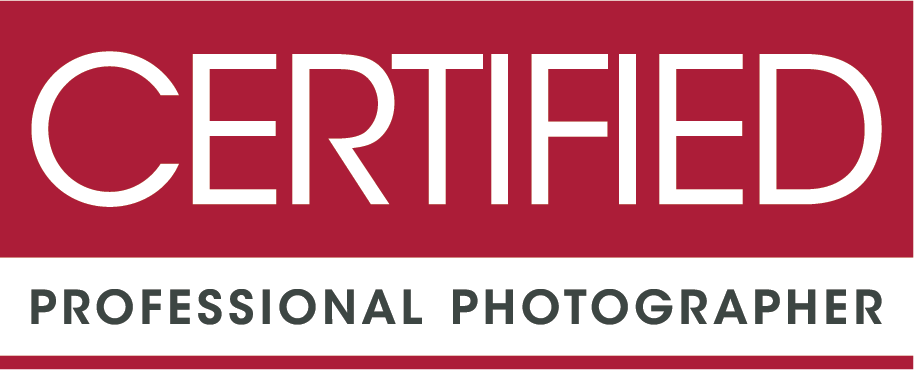The Financial Truths About Owning A One Person Photography Business
All You Need Is A Camera... Not! The True Costs of Photography

Starting a one-person photography business can be an exciting venture for passionate photographers looking to turn their hobby into a profession. However, it's crucial to understand the various costs involved in running such a business. From education and gear to editing and advertising, this blog post will shed light on the real expenses photographers face when embarking on their entrepreneurial journey.
Education and Skill Development
To establish a solid foundation for your photography business, investing in education is essential. This includes attending workshops, seminars, and online courses to enhance your technical skills, learn about different genres, and keep up with industry trends. Education costs can vary widely, ranging from free online resources to specialized workshops that may cost hundreds or even thousands of dollars. The best way to learn is by working closely with an experiencend photographer. You can do this by mentoring. You can expect to pay upwards of $1500 per month for mentoring with a minumum of a year for best results.
Gear and Equipment
Quality photography gear is a crucial investment for any photographer. Cameras, lenses, tripods, lighting equipment, memory cards, and computer hardware/software are just some of the essentials. The cost of gear depends on various factors such as brand, quality, and the specific needs of your niche. It's crucial to strike a balance between functionality and affordability while considering future equipment upgrades. If you are lucky enough to know exactly what kind of photography you want to do at the start, you can save money. Buying only what you need to do the photography you create is best. Many photographers end up buying gear to be able to do everything from weddings to product photography just to pay the bills. Being versatile is great, but expect to pay several thousands to get all the equipment you need.
Editing and Post-Production
Editing software and tools are indispensable for professional photographers. Programs like Adobe Photoshop and Lightroom offer extensive editing capabilities, but they often come with subscription fees. You can also outsource your editing which saves time. But be sure to add the cost of that to your overall pricing. Additionally, photographers may invest in external hard drives or cloud storage to manage and back up their growing library of digital files. These expenses should be factored into the overall cost of running a photography business. Also, you will need some way of delivering files to your clients, such as smugmug, and this adds to your expenses.
Permit Fees and Location Scouting
Depending on your niche, you may need permits or licenses to operate legally in certain locations. For instance, if you specialize in drone photography, you might require permits from local aviation authorities. Additionally, scouting for suitable shooting locations may involve travel costs, transportation expenses, and potentially renting or obtaining permits for private or restricted areas.
Consultations and Professional Services
Running a successful photography business often entails seeking professional guidance. Accountants, lawyers, or business consultants can help with tax matters, contracts, intellectual property rights, and legal advice. These services come at a price, but they are crucial for the long-term success and protection of your business.
Insurance and Liability Coverage
As a professional photographer, it's essential to protect yourself, your equipment, and your clients. Liability insurance safeguards you against accidents, damage, or lawsuits that may arise during shoots or while working on clients' premises. The cost of insurance depends on factors such as coverage limits, the value of your equipment, and the nature of your photography business.
Advertising and Marketing
To attract clients and establish a strong brand presence, advertising and marketing are indispensable. Expenses in this area can include website development, domain hosting, online advertising campaigns, print materials, and promotional items. Additionally, investing in social media marketing or hiring a marketing specialist may be necessary to reach your target audience effectively. Expect to spend a few hours a month at networking events, doing podcasts, webinars and more to get your name out there.
Running a one-person photography business requires careful consideration of the various costs involved. From education and gear to editing software, permit fees, consultations, insurance, and advertising, these expenses are essential investments that contribute to the success and professionalism of your venture.
While it's important to control costs and work within a budget, remember that certain investments are crucial for providing high-quality services, attracting clients, and protecting your business. A thorough understanding of the financial aspects of running a photography business will enable you to plan effectively, allocate resources wisely, and ultimately thrive in a competitive industry.
Are you a mom or expecting mom in the Los Angeles area? Click here to see all my services
New Paragraph










